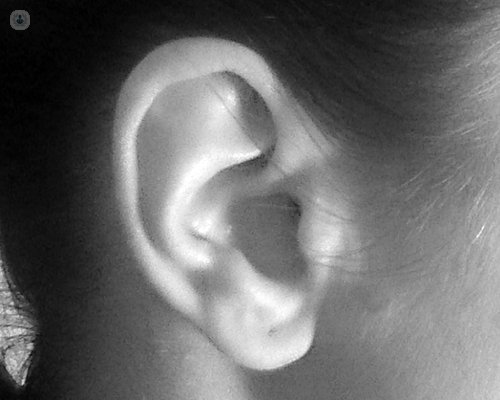Who is affected by otosclerosis?
Written by:The otosclerosis is a disease that affects the ear bone, usually hereditary and produces hearing loss. Most commonly affects the stirrup, but the most advanced cases also affect the inner ear. It is more common in women and may worsen during pregnancy or nursing, as well as hormonal treatments (oral contraceptives).
Causes of otosclerosis
There is no specific factor that causes otosclerosis. There is often a family history, but not necessarily have been identified as otosclerosis. Many times these backgrounds are unknown.

Symptoms of otosclerosis
Otosclerosis is presented as progressive hearing loss (hearing loss) which in some cases is associated with ringing in the ears (tinnitus) and dizziness. It is rare to appear in childhood, although it is possible and typically more common in middle-aged women (± 40 years), although it can affect all ages. Some women experience an increase in hearing loss during pregnancy and lactation.
Treatment of otosclerosis
Classically treatments have been given various minerals trying to contain the spread of the disease, but have shown little useful. The only treatment is surgical.
A surgery of otosclerosis is known as Stapedectomy, and is to replace the stapes with a prosthesis. The laser and perform usual is to get a very good hearing result. Complications are rare.
On the other hand, the alternative in severe cases with profound hearing loss is the cochlear implant.


